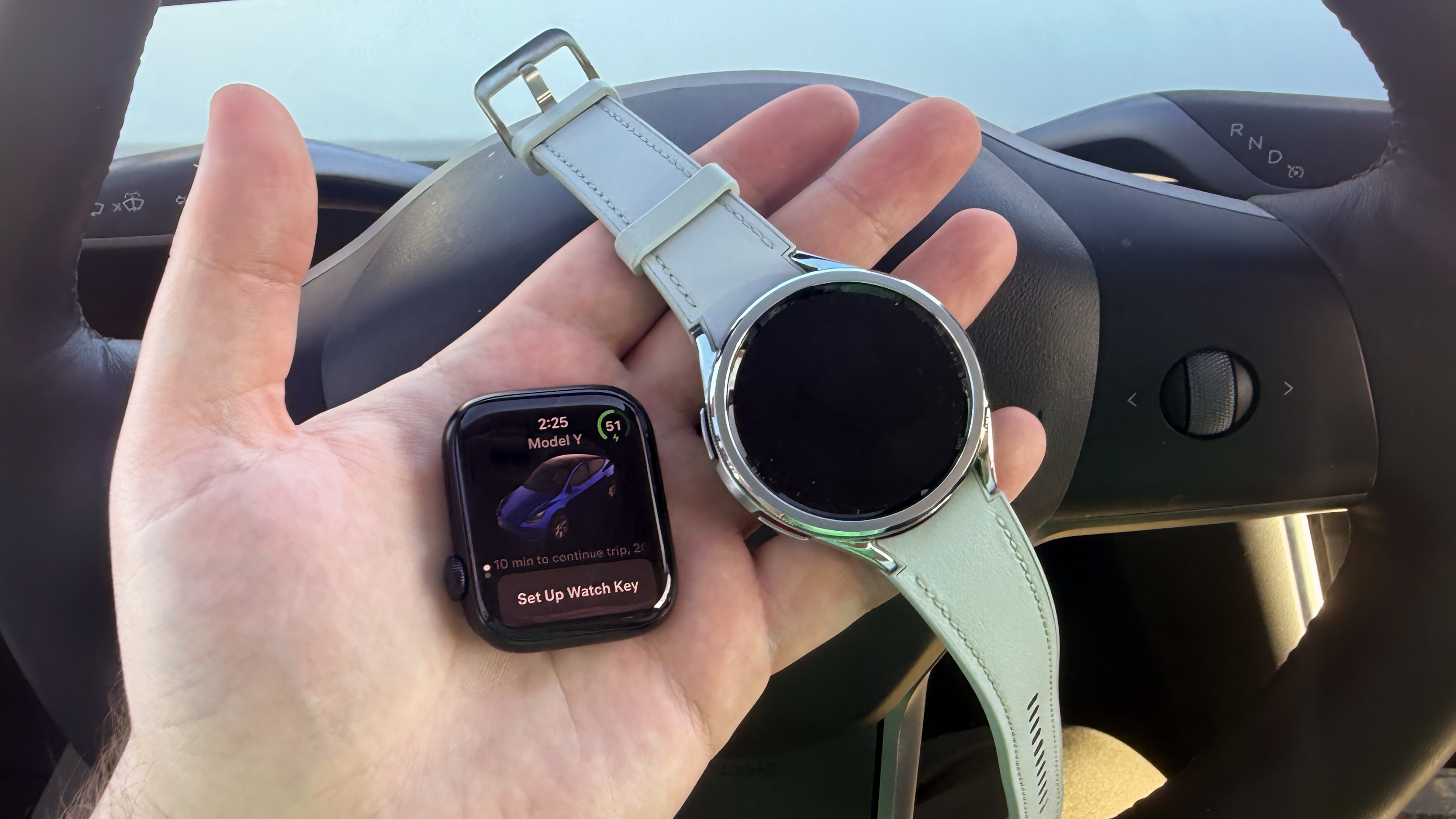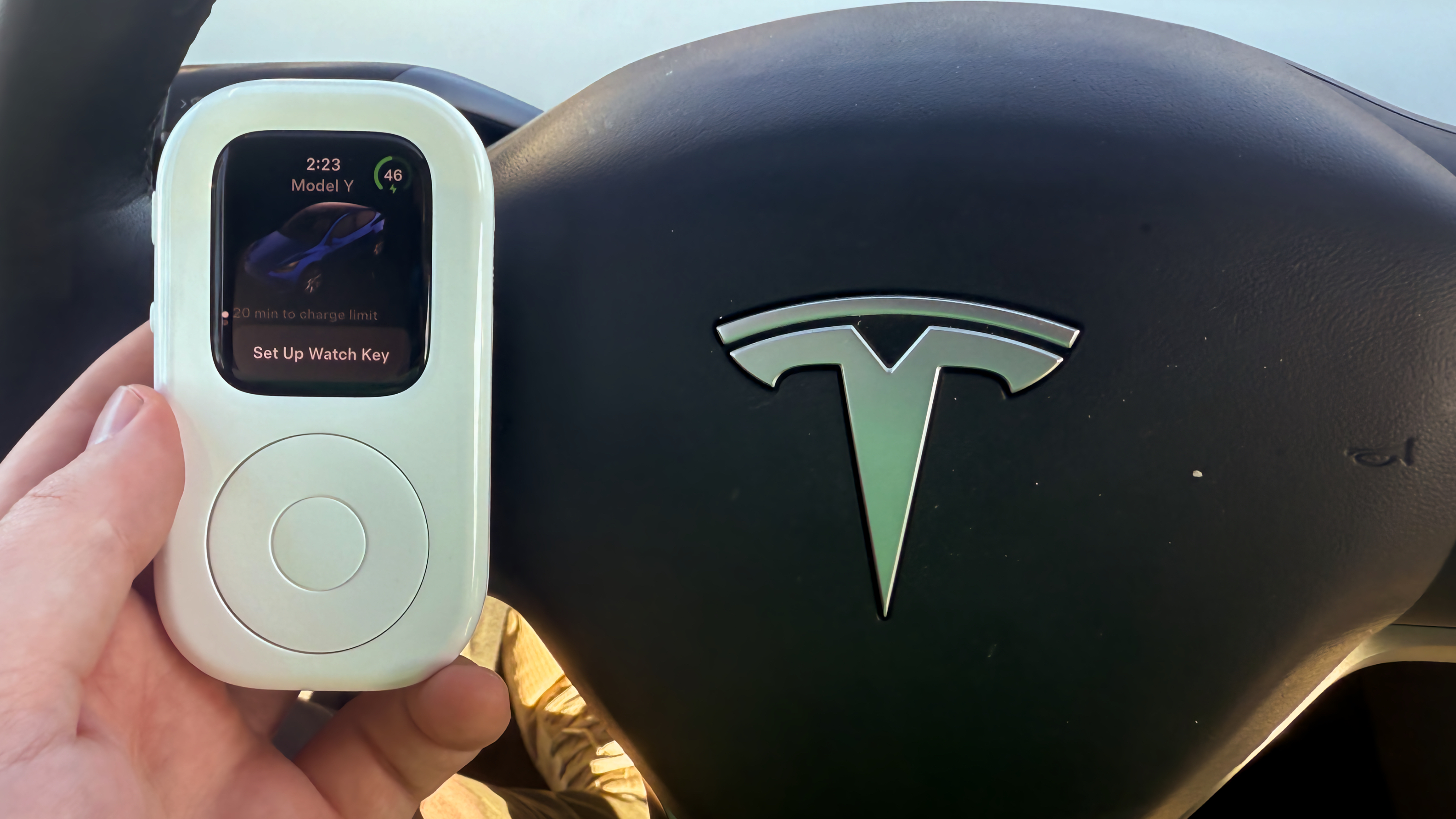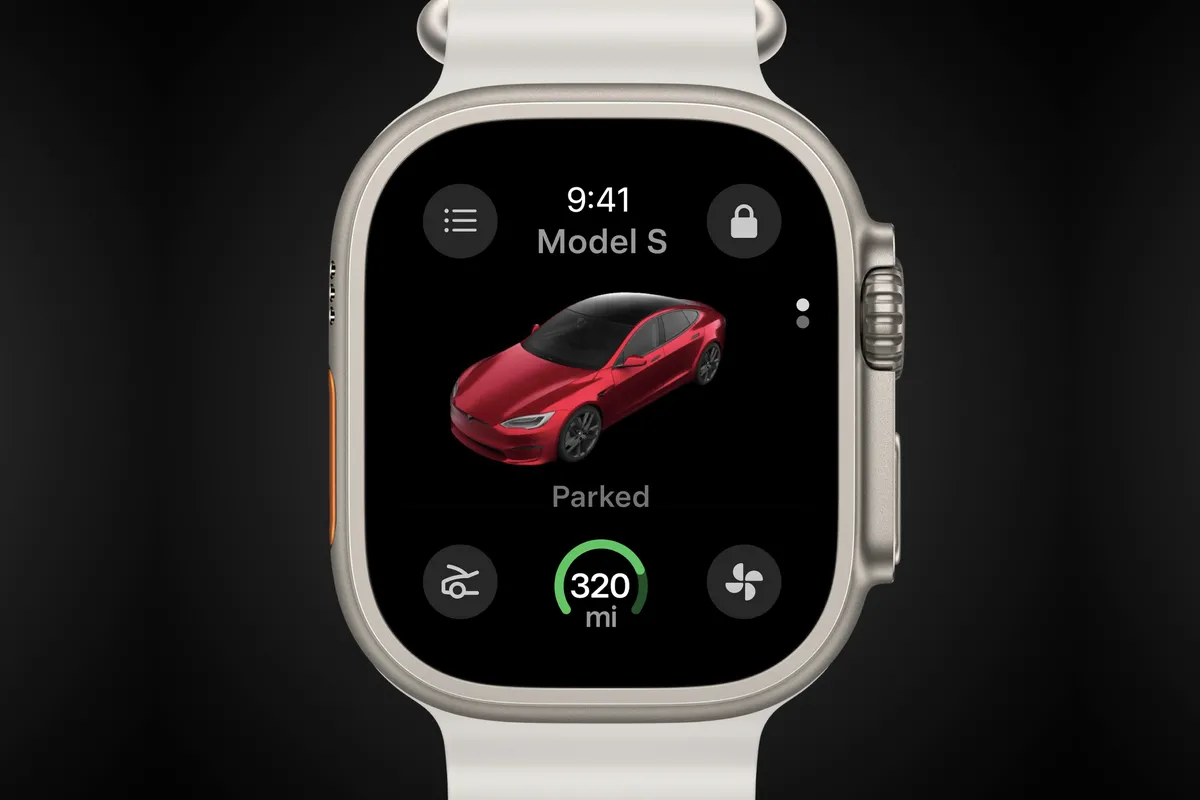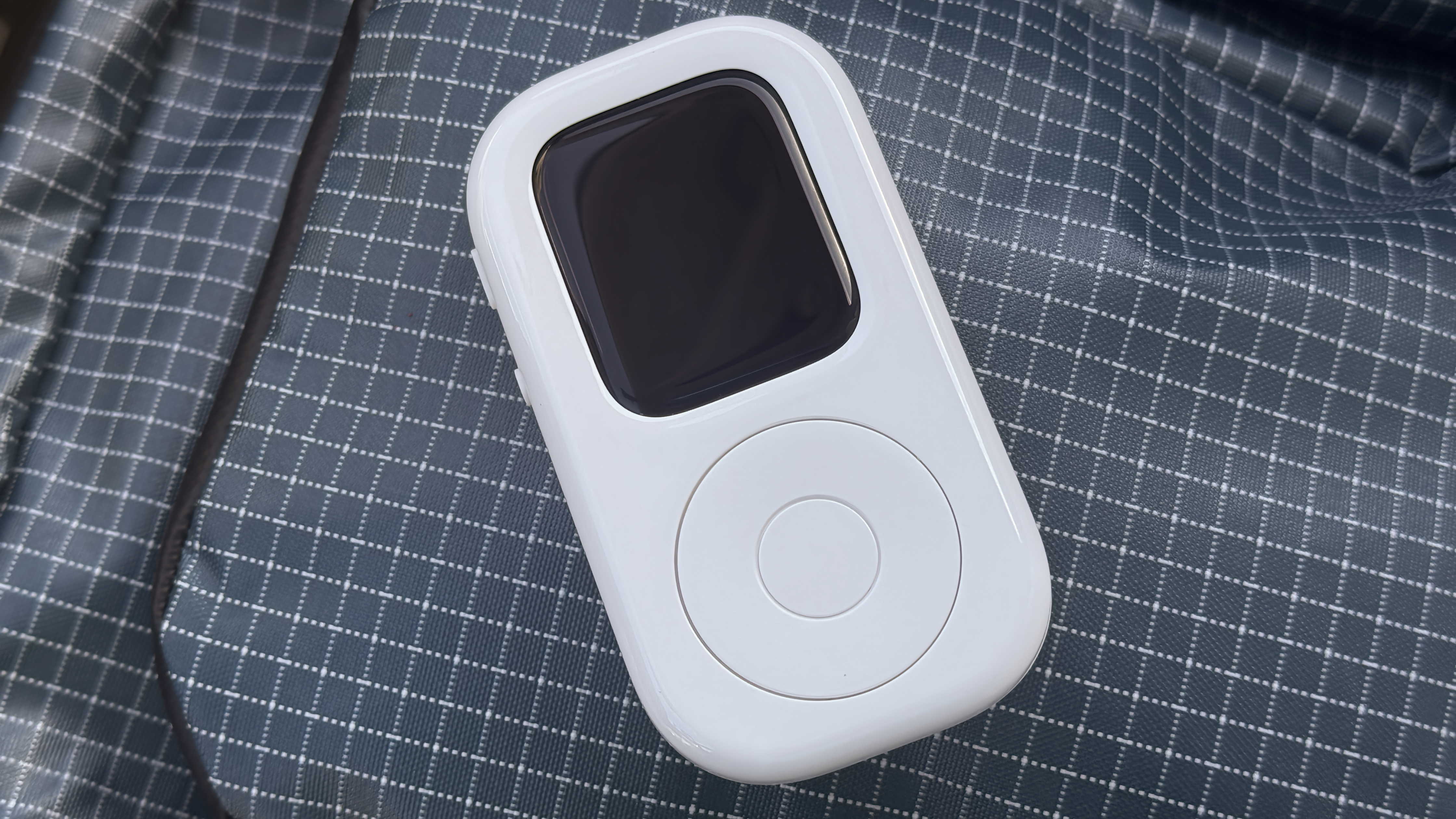
I'll be the one to say it: Wear OS is officially good now. The combination of Wear OS 5 software and Pixel Watch or Galaxy Watch hardware has made the best Wear OS smartwatches real Apple Watch competitors. In fact, I briefly ditched my Apple Watch Ultra for the Samsung Galaxy Watch 6 Classic before settling on the Garmin Enduro 3 as my daily driver.
But there's no denying Wear OS still has work to do. The platform is still emerging, and the Apple Watch is still a more attractive product for software and hardware development teams to build for. For example, according to April 2024 data from Counterpoint Research, Wear OS is expected to hold 27% of the smartwatch market share outside of China. That's a significant uptick from last year, although it's still nothing compared to Apple's 49% projected market share.
Even if Wear OS is clawing back some of Apple's watchOS market share — and that appears to be the case — there's evidence to suggest that Apple Watch users might be more valuable to third-party companies building apps and accessories. Data is sparse, but a 2023 analysis from Asymco estimated that iPhone users spend roughly seven times more on apps than Android users.
How does that translate to Wear OS apps and accessories? The truth is, we can't know for sure. However, I'd guess that Apple Watch owners are far more likely to purchase watchOS apps and third-party straps, cases, and other accessories than the best Wear OS smartwatch owners. To be clear, that isn't a knock on Wear OS users. Android, and by extension Wear OS, has always been the platform for people who are thoughtful — maybe even frugal — with their cash.

These two data points combine to create an unfortunate problem for Wear OS. Developers and product designers just don't spend as much time bringing their apps and ideas to Wear OS smartwatches. Don't get me wrong, there are some great Wear OS apps.
However, even if an app is available on watchOS and Wear OS, the watchOS app may be better. A great example of this is the Nike Run Club app, which I depend on for training. New features might stay exclusive to watchOS forever, and the app sometimes refuses to run on certain Wear OS hardware.
Of course, the bigger problem is when an app or accessory you like isn't available on Wear OS at all. That's what happened to me this month... twice. First, Tesla announced plans to bring its mobile app to smartwatches as part of its 2024 Holiday Update. There was a catch, though — the Tesla app is only available on watchOS.

On top of that, Tesla didn't even mention Wear OS. The platform wasn't a thought or a consideration, at least, not a big enough one to warrant public acknowledgment.
I pulled my Apple Watch literally out of the closet just to test the Tesla app on watchOS. There are no surprises here: it's good, and very useful. You can control your car from your wrist, use your Apple Watch as a key, and more. It's incredibly convenient during times when you want to leave your phone in the car, or even at home.
I don't like bringing my phone with me when I go to the track and run, and now I don't have to. My Apple Watch tracks my run (with a full-fledged Nike Run Club app), plays music through my Bluetooth earbuds, and now starts my car.
Coincidentally, this app debuted the exact same month as the TinyPod. Unless you're part of the Apple Watch and iPod niches, you probably don't know what that is. Put simply, the TinyPod is an Apple Watch case that adds a scroll wheel — like the one on old iPods — to your smartwatch.

It's a gimmick, but one you'd never find on a Wear OS watch. There isn't a single brand that makes Wear OS big enough to justify startups, and even major accessory makes to create cool projects, like the TinyPod, for their products. Most companies won't even bother to make an app, like Tesla, at least for now.
The good news is that if you don't own a Tesla and aren't nostalgic for iPods, you probably won't feel like you're missing out by not having a Tesla app or clever case for your Wear OS smartwatches. However, these two new releases underscore a problem that you might run into — there simply aren't as many options for Wear OS. Whether you're looking for a fully-featured app or a custom strap, the Apple Watch will always have more choices available compared to a Pixel Watch, Galaxy Watch, or OnePlus Watch.
Hopefully, Wear OS will become more attractive to developers and product designers as it continues to grow. If the aforementioned Counterpoint projections are accurate, Wear OS market share outside of China will have grown by more than 5% in 2024 alone. It'll also have pushed watchOS under 50% market share for the first time in years.
Those are impressive feats, and all Wear OS fans can do is hope that the apps and accessories come alongside the platform's success.







